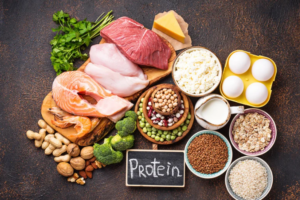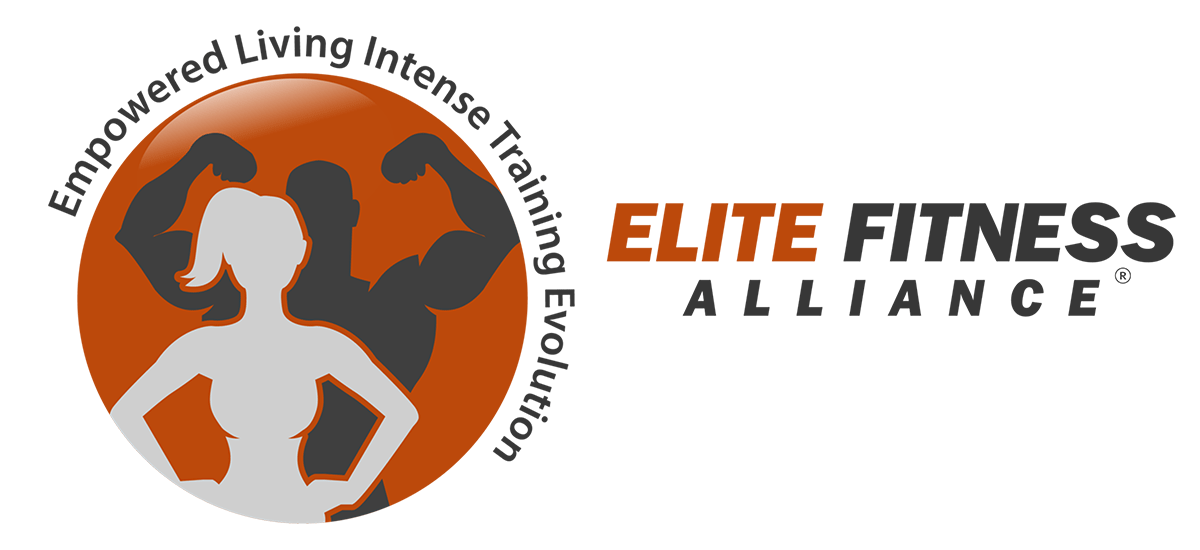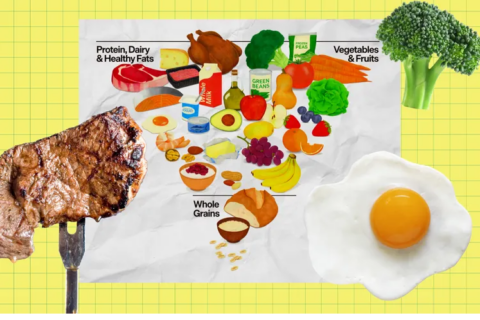Protein Timing & Needs: What Huberman’s Alan Aragon Episode Reveals for Smarter Training
Protein Timing & Needs: What Huberman’s Alan Aragon Episode Reveals for Smarter Training
Living in a world flooded with fitness tips, it’s easy to get lost in conflicting advice—especially when it comes to protein. Dr. Andrew Huberman’s recent conversation with nutrition researcher Alan Aragon clarifies many of the most common myths around how much protein you need, when to consume it, and why it really matters—especially as we age.
What Actually Matters: Total Daily Protein Intake
Alan Aragon emphasizes that total daily protein matters far more than precise timing. A 2013 meta-analysis supports this, indicating the “anabolic window” may last 4–6 hours before or after exercise rather than just a short 30–60 minute window Verywell Health.
According to Alan, digestion and muscle protein synthesis are separate processes. The idea that your body can only absorb 25–30 grams per meal is outdated—your body processes— and uses—much more Huberman Labinfinityalbany.com.
The Myth of the “Anabolic Window”
The so-called “anabolic window”—a narrow time frame post-workout when protein must be consumed—is being debunked. Research shows muscle remains sensitive to protein intake up to 24 hours after training Verywell Health.
Focus on evenly distributing protein throughout the day, and aim for a solid serving after exercising, rather than worrying about specific timing Health.
How Much Protein Do You Actually Need?
Current recommendations for active adults hover between 1.2–2.2 g/kg/day (~0.5–1 g/lb) to support muscle and fat loss Health. For fat loss with muscle retention, a similar range of 1.6–2.2 g/kg/day is widely accepted Health.
These targets support recovery, muscle repair, and metabolic health–especially important for adults 40+ who want to maintain muscle and independence.
Additional Nutrition Insights from the Podcast:
Alan Aragon and Huberman covered many other topics worth exploring:
-
Fasted training: Offers no fat-loss advantage if total calories are equal Huberman Lab.
-
Seed oils, sweeteners, alcohol: Myths are debunked—context and total diet quality matter more Huberman Lab.
-
Animal vs. plant proteins: Both can be effective, but lean choices like whey or mixed sources support muscle better Huberman Lab.
What This Means for Your Training
-
Focus on hitting your protein goal for the day, not just “perfect timing.”
-
Spread protein evenly—aim for ~25–40g per meal.
-
Post-workout protein is still helpful, but don’t stress over being within a rigid time window.
-
Customize based on your preferences and lifestyle—this approach works for real life, not just labs.
At ELITE Fitness Alliance, we tailor protein and training strategies so they’re practical, sustainable, and age-friendly. You don’t have to get lost in trends—just use what works and keep moving forward.
Ready for a plan that fits your life?
Let’s make your protein plan simple, effective, and long-lasting.
Book a free consultation today
📖 Visit our blog for more tips.



